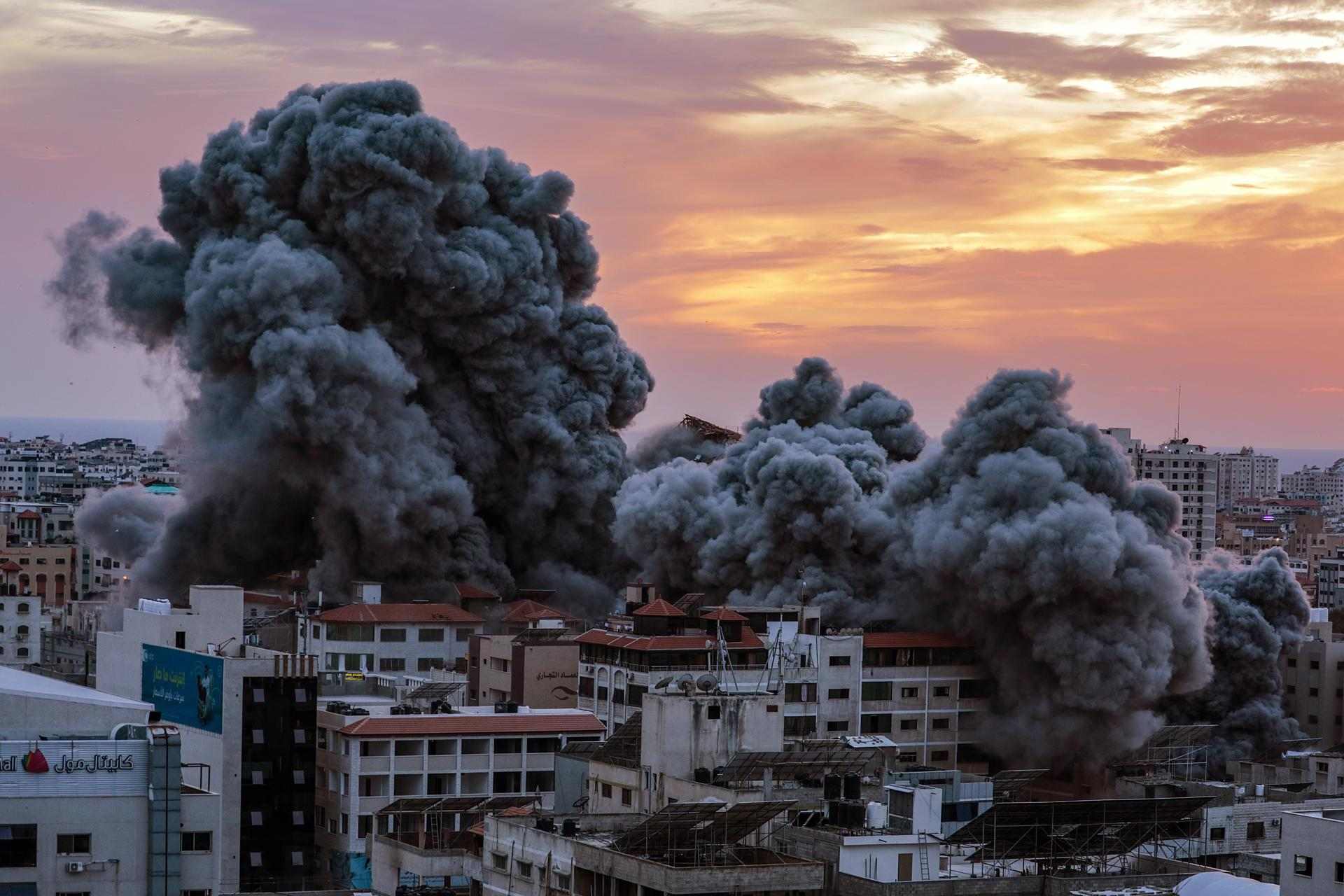In recent weeks, Israelis have been debating and pondering the reasons for the most important strategic surprise in their country's history. On October 6th, 1973, the Day of Atonement, Yom Kippur, many Israelis were praying in their synagogues and fasting, when the sound of sirens froze the blood of the population, announcing a simultaneous surprise attack by the Egyptian and Syrian armies. In the first days of the war, the impression was that the Arabs would succeed in conquering Israel. In the just-released film Golda, about prime minister Golda Meir, we see how the Israeli leader ignored the secret service warnings and decided not to mobilize reserve forces. To this day, Israel has been debating that moment and how, after almost three weeks, Israel finally managed to win the war.
On October 7th, 2023, exactly 50 years later, the surprise has been even greater. No one imagined that the Islamist movement Hamas, trained and financed by Iran, would dare to launch a practically kamikaze attack inside Israeli territory and conquer several border towns for long hours. When the soldier Gilad Shalit was kidnapped by Hamas in 2006, the entire country was at war for years until he was finally released in 2011 in exchange for more than 1,000 Palestinian prisoners.
Now, Hamas has succeeded in kidnapping dozens of Israeli civilians and military personnel, displaying them in the streets of Gaza as trophies and, in the case of Israelis who were already dead, desecrating the corpses repeatedly amid cries of Allahu akbar ('Allah is great'). Some of the Israelis abducted are senior citizens suffering from dementia accompanied by Filipino helpers.
At the same time, some sources talk of more than 200 Israeli deaths in the Hamas offensive and more than a thousand wounded.
What prompted Hamas and its Iranian mentor to launch this attack? First, in the last three years, Israel has signed peace agreements with four Arab countries, the so-called Abraham Accords, with the United Arab Emirates, Bahrain, Morocco and Sudan. In recent weeks, Saudi crown prince Mohammed bin Salman and Israeli prime minister Binyamin Netanyahu have publicly announced that a historic peace agreement between the two nations representing Islam and Judaism "is getting closer every day."
US President Joe Biden has been leading the negotiations and from both Tehran and Gaza, it all looks like a nightmare.
Iran wants to achieve hegemony in the Muslim world with the help of its proxies Hamas and Islamic Jihad in Gaza and the West Bank, Hezbollah in Lebanon and various pro-Iranian groups in Syria, Iraq and Yemen. Peace between Riyadh and Jerusalem complicates its project because it opens the door to diplomatic normalization between Israel and other Arab and Muslim countries, which are waiting for Riyadh.
As well, the Palestinian president Mahmud Abbas is 87 years old, in ill heath and the battle for the Palestinian succession has already started. Abbas's fear of a Hamas victory in the elections has caused them to be postponed again and again over the past 17 years.
The October 7th operation is part of the Islamist campaign to seize power not only in Gaza, but also in the West Bank and East Jerusalem.
Some analysts believe that Hamas has been "more successful than expected" in its latest offensive. The high number of Israeli casualties and abducted civilians and soldiers will provoke an unprecedented Israeli reaction that could endanger the lives of the current Hamas leaders.
The clashes on October 7th, 2023 will mark a turning point. Nothing will be the same.

